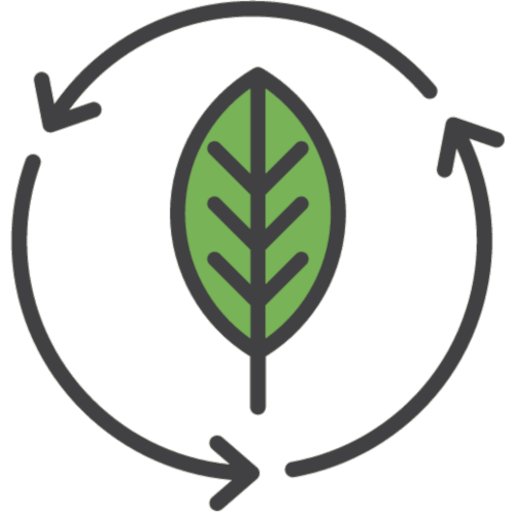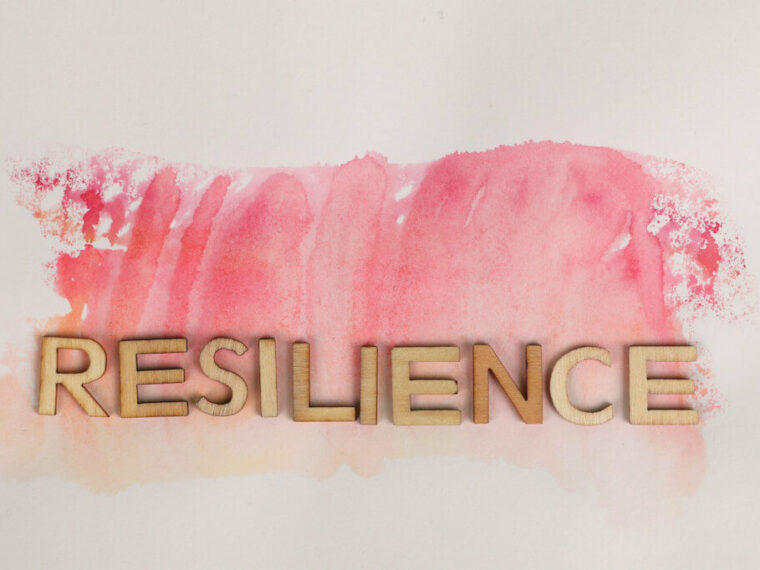Every one of us can think of a person in our lives who comes to mind when we think of the word “resilient.” They are the individuals we know who astonish us with their nearly unending capacity to keep going despite whatever challenges they are facing. We have nothing but respect for them, and we cannot help but ask what it is about them that enables them to remain so resilient. It’s possible that we also think that if the same incidents occur in our lives, we will not be able to handle them as well as they do in others.
On the other hand, this is not always the case, as analysis has shown that resilience is a characteristic that everyone possesses – and the way that we become more resilient is through the experiences that we have. Therefore, something that, at the time, may seem distressing and difficult, such as the death of a loved one, can, in the long term, strengthen us and make us more able to deal with difficult circumstances.
Antonovsky defined this as an unwavering capacity – regardless of one’s circumstances – to concentrate on what is sound and effective despite the challenges that may be present. This frame of mind can be achieved by cultivating a “sense of coherence,” which, in its most fundamental form, denotes the capacity to comprehend and care about the current situation as well as comprehend the larger picture.
Discovering who you are and what you care about is arguably the single most important step in the process of developing a “sense of coherence.” This is because our capacity for resiliency is diminished and we run the risk of developing mental illness if we stop caring about what is happening to us or if an experience does not provide us with anything of value to learn from it.
This is because contrary to popular belief, strength is not a static trait; rather, it can be eroded by a single traumatic experience or by a series of smaller ones throughout our lives. For instance, if you work in a setting that is extremely stressful, such as a hospital as a nurse, a classroom as a teacher, or a humanitarian organization as a worker, you may discover that your resilience is deteriorating over time.
The magnitude of the erosion may come as a shock to us, as we frequently delude ourselves into thinking that we can manage the situation and that issues will improve if we continue to persevere. And we may keep going until one of us develops a health problem.
Pause for Recuperation
This is because “pushing through” is completely counterproductive, and developing long-term resilience requires allowing for “recovery time” in one’s schedule. When we consider this in the context of athletic competition, this makes perfect sense. Imagine someone who competes at the highest level of their sport; these individuals are driven to win at all costs. In addition to competing against one another, they also compete against themselves. However, this is not the only factor contributing to their level of success.
If you were to engage in a discussion with Chris Froome, the winner of the Tour de France, or Mo Farah, an Olympic runner, they would probably tell you that although they push themselves to intense performance levels, their accomplishments are in part a result of that they enable their bodies, minds, and emotional responses to recover by taking time off.
Research shows that this is also true of how we cognitively learn and sort things out – that taking mental breaks can improve productivity, regenerate attention, strengthen memories, and inspire creative thinking. If instead of straining our brains to find answers, we give them time to relax and reflect, our brains will be in a better position to find answers more quickly.
But being resilient also implies being capable of adapting to shifting realities because each of our lives is continually in a state of fluctuation. This means that we need to give ourselves chance to recuperate, but we also need to be able to adjust to new situations. Therefore, rather than fighting against change, we should work to become more resilient to it.
Realize That the Decisions You Make Will Determine the Course of Your Life
Only humans possess the ability to have a conscious awareness of their surroundings. We are the sole living creatures that can choose the significance that we give to the events that occur in our lives and look on the bright side. You have the power to alter our story in profound and significant ways. We are not required to allow our situations to define us. Those who have a strong inner fortitude face difficult choices head-on and learn to grow from their experiences. They recognize that they are the primary architect of their lives, and as a result, they accept responsibility for their actions.
Explore Your Purpose
The purpose is the engine that propels each of us to perform at our utmost potential. Your goal in life should not be to amass wealth or other material possessions. In most cases, it can be traced back to one of the most fundamental needs that we as humans have: the desire to contribute. How do you plan to give something back to the world? When you look back on your life, what do you think will stand out as the most significant achievement? Your biggest mistake? You need to find the answers to these questions to discover your purpose. When you succeed in doing so, inner fortitude will naturally follow.
Leave the Past Behind
If you continue to live in the past, it will only become your future. Everyone has experienced defeat. Everyone has had to overcome obstacles and suffer defeat at some point. The ability to learn from one’s mistakes, assign the experience a constructive meaning, and then pick oneself up and try again is what separates those who succeed in the long run from those who give up. Put an end to telling yourself demoralizing stories about your past mistakes and shortcomings. You need to rewrite the story in your head so that you only permit positive thoughts to play.
The Barrier of Self-Doubt in Building Resilience
Self-doubt often emerges as a significant obstacle. It’s easy to admire others for their seemingly boundless resilience and to question our ability to handle similar challenges. However, the belief that we might not cope as effectively as others can become a self-imposed barrier, hindering our innate capacity to develop resilience.
Resilience is not a rare quality reserved for a select few; rather, it’s a characteristic inherent in everyone. Our experiences—particularly those that are difficult or upsetting—shape and strengthen it. The key is to recognize that difficult times, while painful, can ultimately fortify us, enhancing our ability to manage future adversities.
Resilience is fostered through developing a “sense of coherence,” as described by Antonovsky. This mindset involves focusing on the positives and effectiveness in any situation, no matter how challenging. Achieving this requires understanding the immediate circumstances and the larger context, helping us to navigate difficulties more effectively.
Discovering our core values and interests is crucial in developing resilience. Losing interest in our experiences or failing to derive value from them can diminish our resilience and potentially lead to mental health issues. Understanding who we are and what we care about is essential in maintaining our strength and capacity to bounce back.
Contrary to popular belief, resilience isn’t static; it can weaken over time due to continuous stress or traumatic events. People in high-stress professions, like healthcare or humanitarian work, may find their resilience eroding. This realization is often jarring, as we tend to overestimate our ability to cope until a breaking point is reached.
Therefore, if you want to improve your resilience, the first step you should take is to work on creating a sense of consistency in your life. If you make an effort to look at the bigger picture, provide yourself with the opportunity to recoup, and think about what you could take away from challenging circumstances, you just might find that the next time you imagine someone who is resilient, you see yourself in that image.





